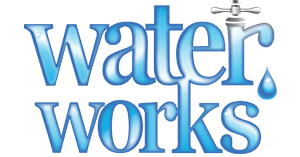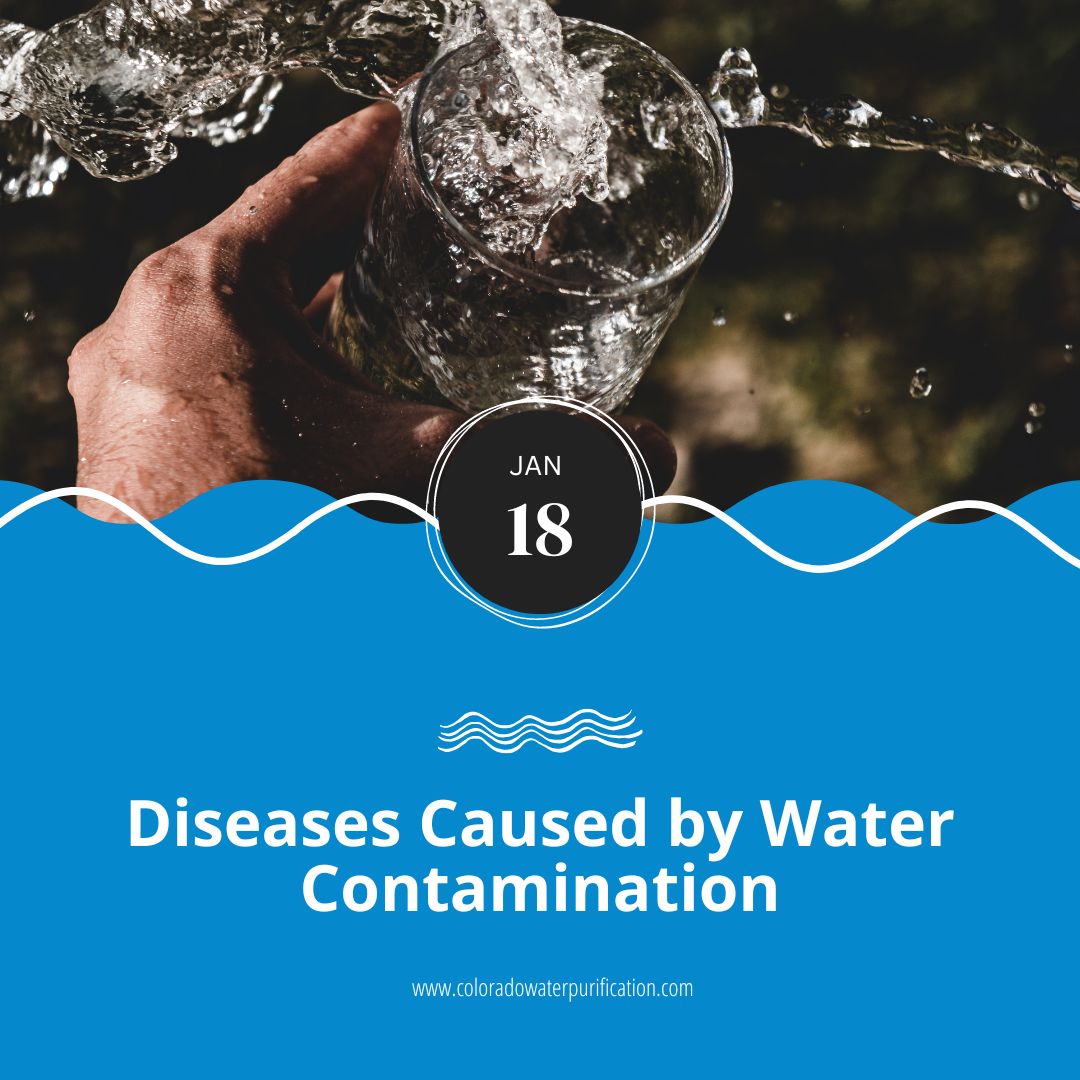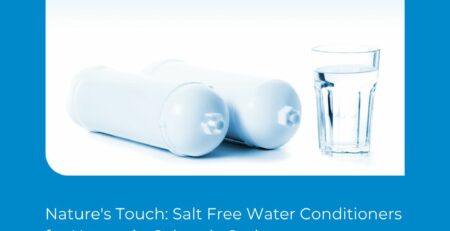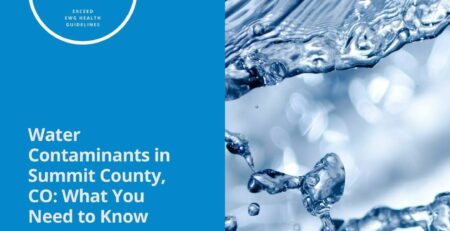Diseases Caused by Water Contamination
Water contamination is a serious problem that can lead to some very dangerous diseases. Thankfully, there are a few things you can do to help protect yourself and your family from becoming sick. Keep reading to learn more about the risks of water contamination and what you can do to stay safe.
Unsafe water can lead to a number of diseases, including cholera, dysentery, and typhoid fever
Unsafe water is a serious global health crisis, often resulting in potentially life-threatening diseases. The three most commonly found illnesses associated with unsafe water are cholera, dysentery and typhoid fever. Cholera is a bacterial infection affecting the intestines which can cause severe diarrhea and dehydration. Dysentery is caused by a bacterial or parasitic infection and is known to produce bloody stools alongside soreness in the abdominal area. Finally, typhoid fever is another bacterial infection that causes long-term fevers with occasional diarrhea or constipation. All of these illnesses can be greatly reduced or even prevented through access to clean drinking water supplies. Taking steps towards cleaner water should be a priority for both developing and developed countries alike.
These diseases are caused by bacteria and viruses that contaminate water supplies
Water-borne diseases are a significant public health concern, as contaminated water can cause countless illnesses ranging from mild gastrointestinal upset to serious conditions such as cholera and dysentery. These ailments are typically caused by bacteria and viruses entering our water supplies, whether through human or animal fecal matter and other pollutants. When left unchecked, this contamination can also have devastating effects on entire communities due to the spread of disease. This is why it’s essential that we all work to ensure our local water sources remain clean and free of contaminants, both for our own safety and for the health of those around us.
Contaminated water can also cause skin infections, respiratory illnesses, and gastrointestinal illnesses
Contaminated water can be detrimental to a person’s health and wellbeing. It can lead to skin infections causes such as impetigo, as well as respiratory illnesses like Legionnaires disease, and gastrointestinal illnesses such as gastroenteritis. While proper treatments such as antibiotics exist for these conditions, it is essential that preventive measures are taken. This means exploring ways to reduce water contamination by testing local sources of water and identifying any potential sources of contamination. Through diligent efforts which embrace necessary preventative measures, we can all work together to provide safe and healthy drinking water sources which do not carry the risk of leading to serious illnesses.
It is important to drink only safe water, and to cook with and clean with safe water as well
In order to avoid potentially serious health issues, it is important that we take measures to ensure the water we consume, cook with and clean with is safe. Directly ingesting or absorbing through the skin contaminated water can give rise to various health issues like diarrhoea, cholera and even typhoid fever amongst several others. Water that has not been adequately purified can be contaminated with a host of microorganisms and chemicals. Therefore, practising wise methods of purification or merely sticking to bottled drinking water would go a long way in keeping ourselves healthy and safe from water-borne contaminants.
You can help prevent water contamination by not polluting waterways and by properly disposing of sewage
One of the most important things you can do to help protect our water is to keep it free from pollutants. You can do this by not disposing any toxic substances, such as chemicals or oil, into rivers, lakes and oceans. Additionally, proper sewage disposal is vital for keeping water clean. Improper disposal leads to bacteria and pathogens being spread through bodies of water which can contaminate them and make them unsafe for swimming or drinking. Not only that, wastewater can contain fertilizers and other chemicals which can then cause algae blooms in waterways, depleting oxygen levels and leading to ecological damage. Therefore, by following best practices when it comes to waste management you are taking an important step towards preserving our precious waterways for generations to come.
Although most of us take safe drinking water for granted, it is important to remember that unsafe water can lead to a number of serious diseases. These diseases are caused by bacteria and viruses that contaminate water supplies, and can have devastating effects on both individual and public health. It is therefore crucial that we do everything we can to prevent water contamination. You can help by not polluting waterways and by disposing of sewage properly. Remember, only safe water should be used for drinking, cooking, and cleaning. By taking these simple precautions, we can help protect ourselves and our communities from the dangers of contaminated water.











